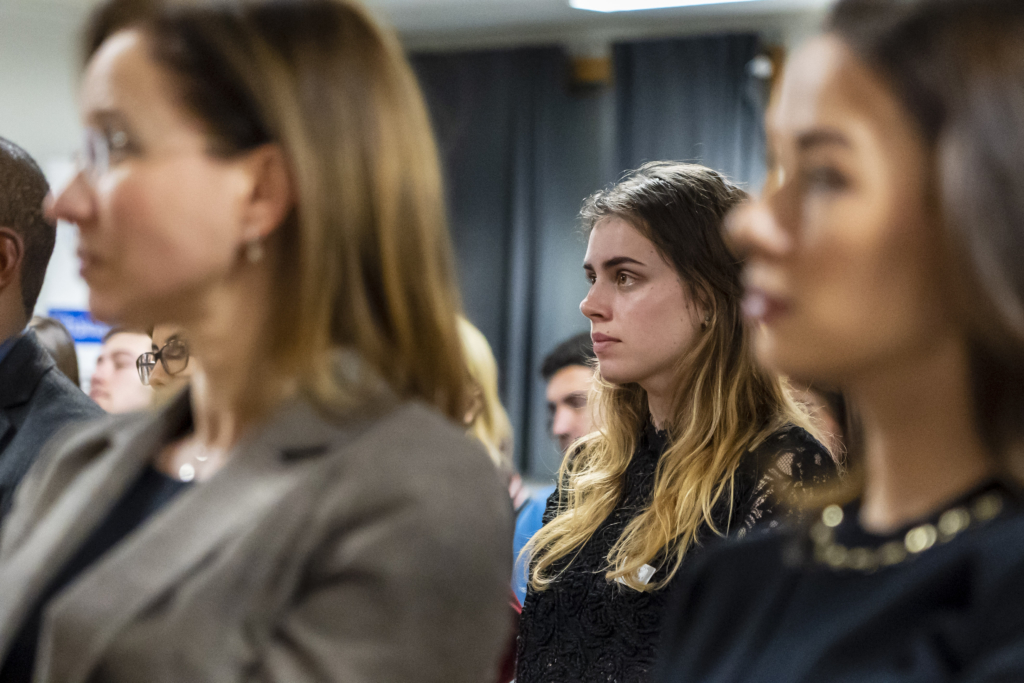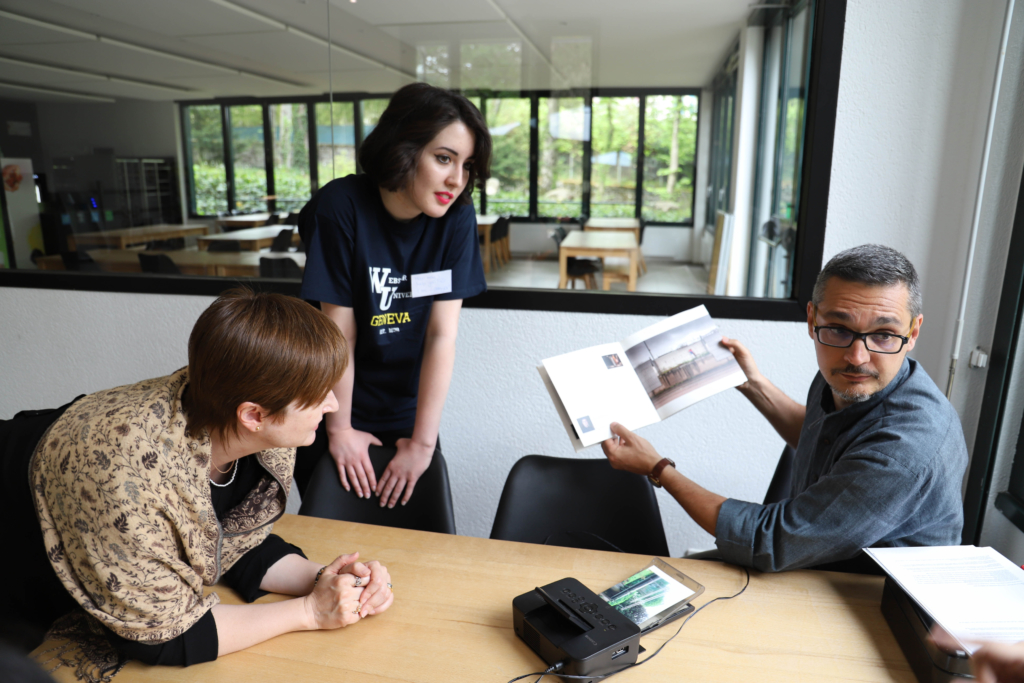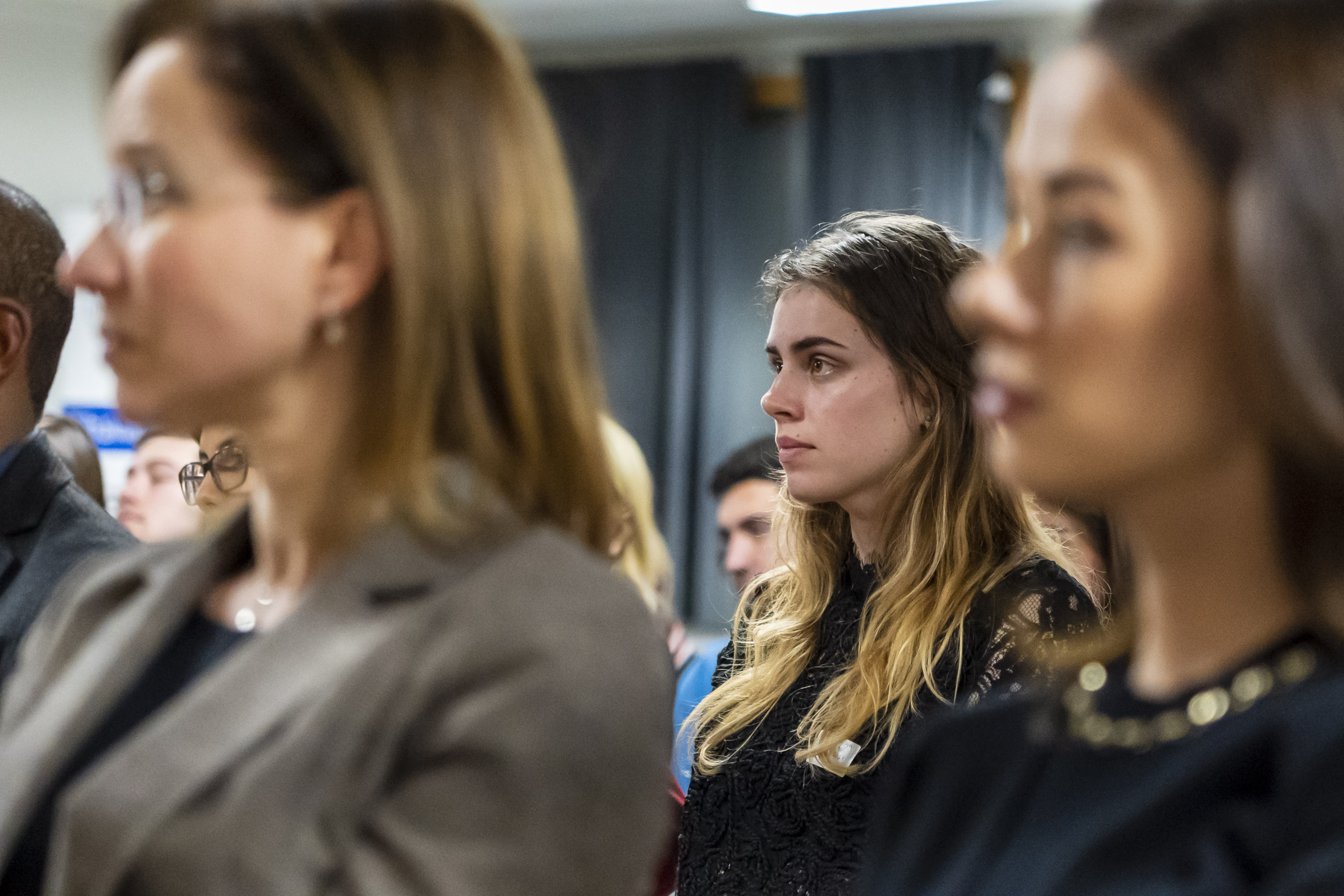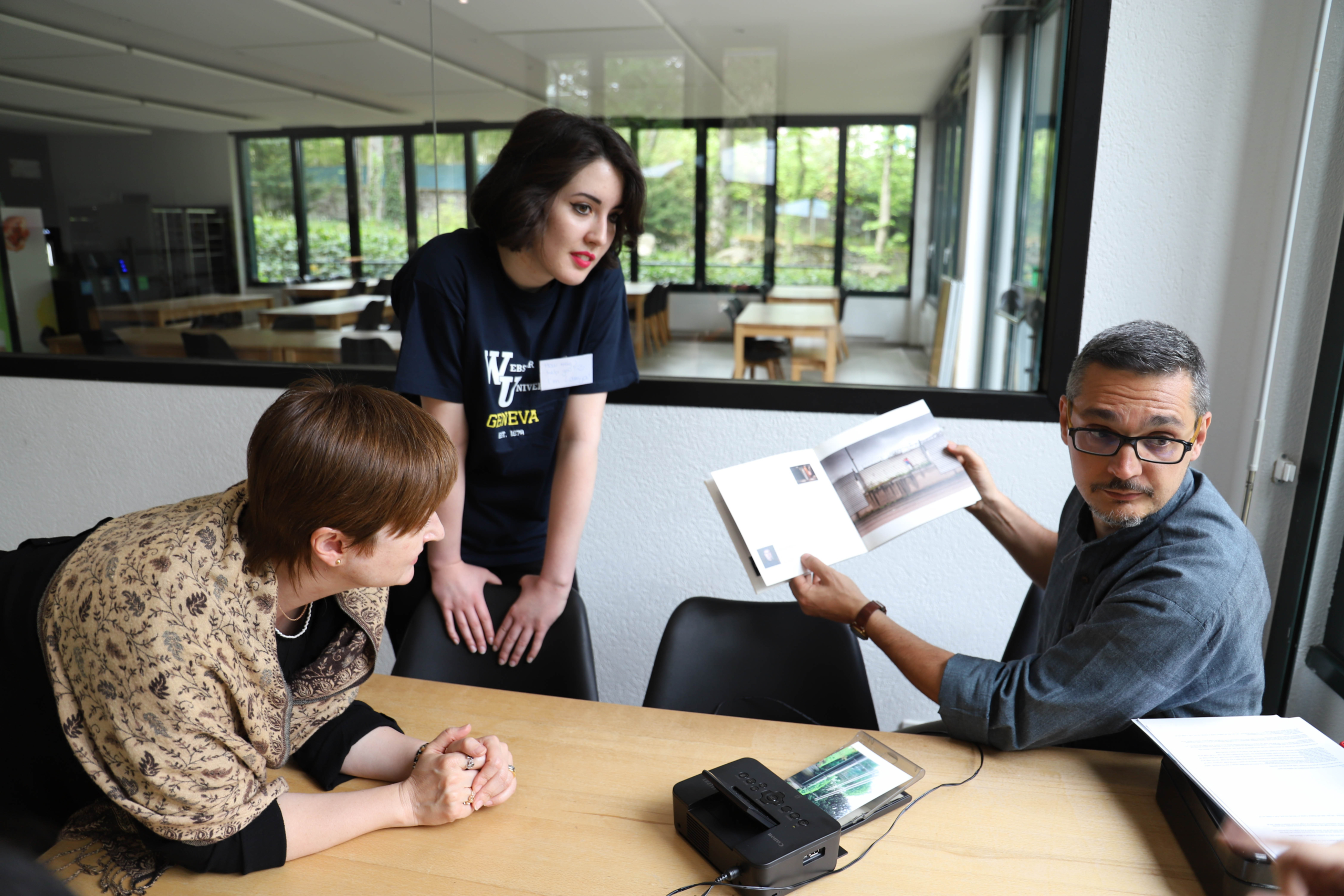
Students in a Media Studies program have the opportunity to work with different types of platforms, developing essential skills in oral, visual, and written communications. Through a combination of hands-on experience and academic theory, students are able to become stronger critical thinkers in today’s media-driven world.
Students can further enhance their critical thinking skills and become more efficient communicators through the Media major. They can use their skill set to contribute to society, sharing valuable insights and perspectives with a wider public. By taking a Journalism minor, they can cultivate these skills and gain hands-on experience under the guidance of expert professors.
If sharing overlooked perspectives and stories appeals to you, then a future in Media as a Content Manager, a Community Manager on Social Media or in a similar role that uses journalistic skills at a larger Media company–might be your calling. Here are three great reasons for studying while earning a media communications bachelor degree!
1. Learning How to Tell Meaningful Stories and Introduce New Perspectives
Cutting-edge journalism plays an essential role in today’s society, bringing to light key topics and discussions that can bring about positive change. Despite constant advancements in technology, the written word continues to have a strong impact—making it a powerful tool for effective communicators.
By studying media, communications and journalism at Webster University Geneva, you’ll be able to study Media Writing and Media Research, enhancing your skills in those subjects. In doing so, you can learn how to tell an effective story and share meaningful content with the greater public. These skills can help you contribute to journalism that creates discussion and open dialogue—introducing new perspectives and amplifying marginalized voices. In this way, your work becomes more rewarding and impactful.

2. Developing Transferable Skills and Becoming a Better Communicator
Pursuing a media bachelor degree at Webster University Geneva allows you to develop in-demand skills across a wide range of industries. That remains to be the case even when focusing your studies on journalism. Here, you’ll be able to cultivate an impressive set of transferable skills that will help you succeed in your future.
Throughout your studies at Webster, you’ll have various opportunities to practice your writing. In addition to becoming a successful communicator, you’ll be able to further build your critical thinking skills. This is particularly important in journalism, enabling writers to present factual and well thought-out work that properly informs and engages the public. In this way, learning journalism can also help you improve your persuasion skills, giving you better insight on how to improve your arguments for a more effective conversation.

3. Understanding Ethics and the Future of New Media Journalism with a Bachelor Degree in Media Studies
Good journalism needs to be reliable. It provides an important service to society, giving journalists a big responsibility to uphold. Through a media communications degree at Webster University Geneva, you can learn about Media Law, Ethics, and Policy, allowing you to better prepare for a career in journalism. Ethics is at the core of good journalism, ensuring that the work is factual, fair, and unbiased.
Media communications and journalism share a lot of overlap, giving students the opportunity to combine complementary skills from both fields. As technology continues to impact how we engage with stories and the world around us, media knowledge becomes even more relevant. Here, journalists can use their media skills to better engage their readers and share more impactful stories.
Eager to learn more about undergraduate degrees in Switzerland?
Contact Webster University Geneva for more information!




